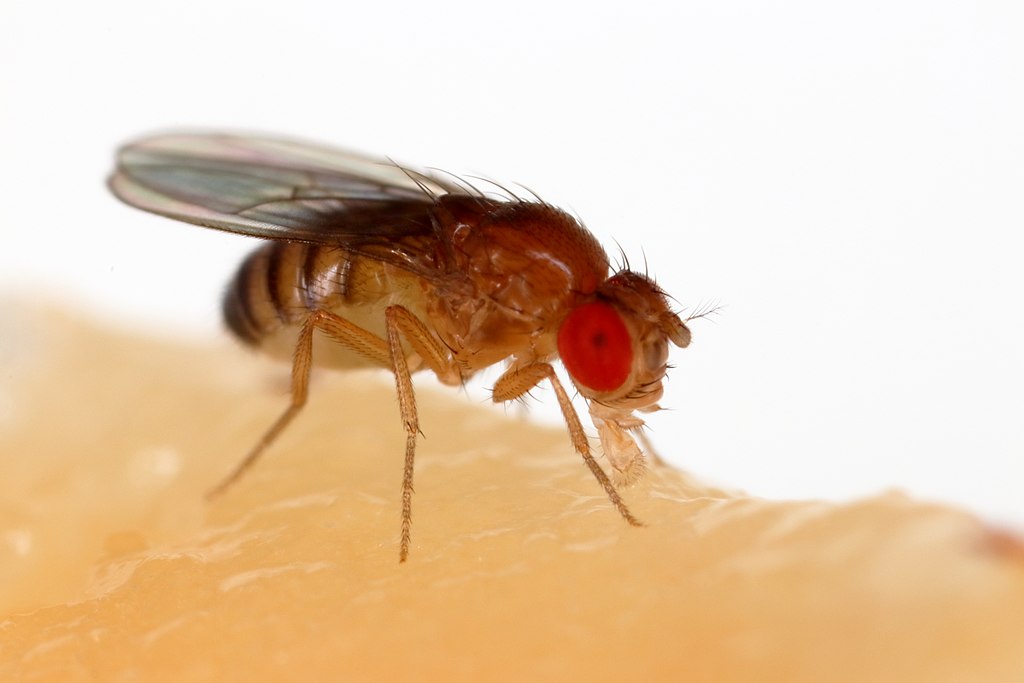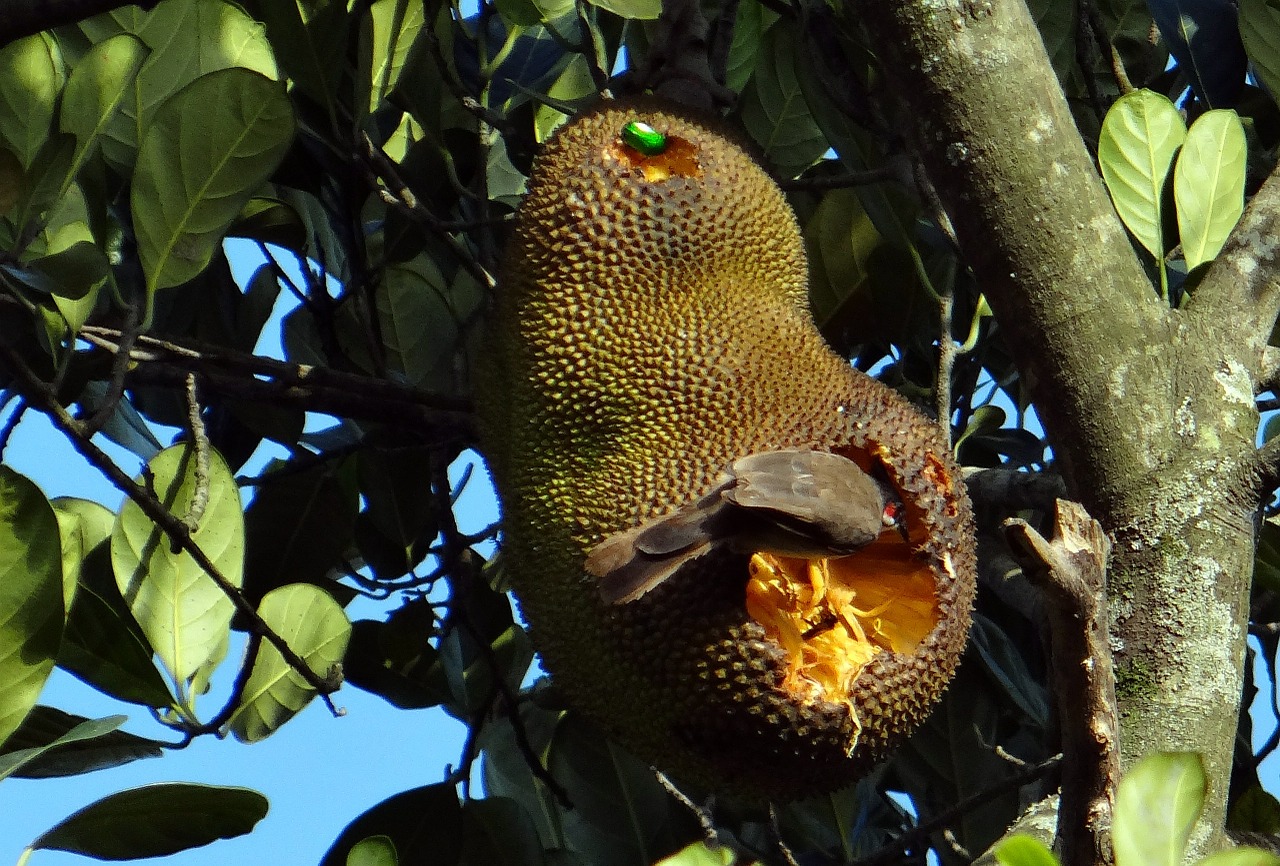Having a garden is no easy task. You have to maintain it and protect it from pests — such as fruit flies. Your garden is especially vulnerable to fruit flies compared to the other parts of your home because fruit flies are attracted to the things that can be found there — fruit and vegetables. Thankfully, fruit flies are manageable pests. Here’s how you can get rid of the fruit flies in your garden.
Why you have fruit flies in your garden
It’s important to know why you have fruit flies in your garden in the first place. If you know the reasons why they are there, you can focus your fly control efforts on these reasons. And you can even prevent the fruit flies from coming back.
- You have fruits and vegetables in your garden. Fruit flies get their name from the fact that they are extremely attracted to fruits and vegetables. So if you have fruits and vegetables in your garden, you are more likely to see these pests. Fruit flies are particularly attracted to grapes, melons, and tomatoes. But they can settle for any kind of overripe or rotten fruit or vegetable.
- You don’t maintain your garden properly. Even if you have fruits and vegetables in your garden, you can still avoid fruit flies if you keep your garden clean and trimmed. The problem with an unkempt garden is that fruit flies and other pests will be able to enjoy its resources without any resistance. For instance, fruit flies are known to lay their eggs inside fruits. If you don’t keep an eye on these resources, they become not just a source of food, but also a source of shelter.
- You have poor waste management. Don’t let the name “fruit flies” confuse you. Yes, these pests are attracted to fruits and vegetables. But they are attracted to different kinds of resources too, especially those that have a high fructose content. Your garbage cans may have these resources too in the form of crumbs, leftovers, and residue.

How to get rid of fruit flies in your garden
Fruit flies are carriers of bacteria such as e. coli, listeria, and salmonella. And because they like fruits and vegetables, you and your family may be at greater risk. You may end up consuming food items that have been infested or touched by these pests. To avoid these dangers, you have to get rid of the fruit flies in your garden for good.
- Get rid of overripe and rotten fruits and vegetables. Remove the things that attract fruit flies the most — overripe and rotten fruits and vegetables. Always pick perfectly ripe fruits and vegetables and dispose of rotten ones. Also, don’t neglect fruits that have fallen off from trees. They may attract different kinds of pests, not just fruit flies. If your property doesn’t have the main attractors of fruit flies, it will be less vulnerable to future infestations and more resilient to existing ones.
- Clean your home inside and out. Remember that fruit flies are attracted to different kinds of resources, not just fruits and vegetables. It’s best to clear your home of resources that may attract pests. Put food and water items in cabinets, containers, and refrigerators. Don’t leave crumbs and spills after eating. Clean up every time you have a meal. And keep your garbage cans closed and empty.
- Use commercial fly control products. Commercial fly control products usually come in the form of sprays and traps. Sprays are simple enough — these are the ones you spray around your home to prevent or kill flies. But remember that they may contain ingredients that can be toxic to you and your family. Make sure to follow the instructions on their labels to avoid risks. Traps are the ones that lure flies and contain or kill them. Use the kind of product you prefer.

How to prevent fruit flies from coming back
Fruit flies are year-round pests, but their populations peak during late summer and early fall. This is primarily because of the harvest season. The more fruits and vegetables they can infest, the better they thrive. You should be more careful of these pests during these months. Here is how you can prevent fruit fly infestations in the future.
- Avoid having overripe and rotten fruits and vegetables around your home. If you don’t have the things that attract fruit flies, the less likely you are to see them buzzing around. Always be on the lookout for overripe and rotten fruits and vegetables. Give particular attention to your garden because it’s out in the open and is more vulnerable to pest infestations. But don’t neglect the inside of your home too. Your kitchen may contain these fruits and vegetables as well.
- Maintain the cleanliness of your home. This is generally good advice for those who don’t want any kind of pest in their home. Yes, it’s possible to still attract pests even if your property is clean. But you are not giving yourself any favors by keeping it dirty either. A lot of resources can be found in filth. Even the smallest food crumbs and water spills may be enough to attract pests like fruit flies.
- Close all entry points. You have food and water inside your home, so it’s also vulnerable to fruit flies. Make sure to keep doors and windows closed because these are the common entry points of different kinds of flies, not just fruit flies. Seal all cracks, gaps, and holes around your home too. Even small and tight spaces can serve as entry points to various pests.
Fruit flies are manageable pests
Get rid of the fruit flies in your garden as soon as you can. They are dangerous pests because they can spread diseases. To completely eliminate these pests, get rid of the things that attract them the most — food, especially overripe and rotten fruits, and vegetables. Always keep the cleanliness of your entire home and practice proper waste management.
If all else fails, you can always get the help of pest control professionals. They have the knowledge and the tools to get rid of fruit fly infestations effectively and safely.

